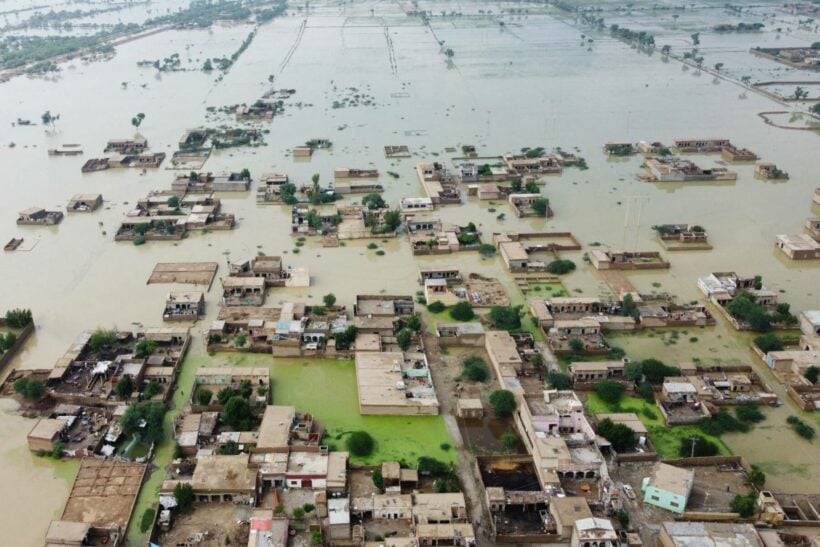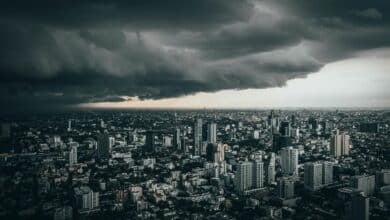UN says 50% of the world lacks disaster warning systems

A worrisome new report from the United Nations warns that half of the world is unprepared for potential disasters. With climate change increasing the number of natural disasters and creating extreme weather worldwide, half of the countries on the planet don’t have proper early warning systems. The lack of advanced indicators could potentially cost countless lives.
Disaster risk and weather agencies within the UN released a report saying that without early warning systems, countries have an average of eight times more deadly than countries with warning systems experiencing a similar catastrophe. The advance warning allows governments to plan for disasters like storms, floods, heatwaves, and droughts. Extreme weather events like this are becoming more and more common on the planet, and countries need to be prepared for the effects of climate change.
The UN report urges that multi-hazard early warning systems should be put in place in every country. Currently, only about half have such systems. Unsurprisingly, the worst-equipped nations are the poorest ones that are often most severely affected by natural disasters and extreme weather.
Just one-third of developing small island nations have such multi-hazard early warning systems in place, and less than half of the least developed nations in the world have needed equipment. The head of the Office for Disaster Risk Reduction at the UN described the significant gap in protection as alarming. They called for urgent changes to improve the situation and save not just lives, but also structures, infrastructure, and people’s homes and possessions as well as their work and livelihood.
The threat of natural disasters and extreme weather has skyrocketed in recent years. Per 100,000 people, the number affected by natural disasters averaged about 1,147 during the decade between 2005 and 2014. In the last decade, that number has nearly doubled to 2,066.
But there is a silver lining, as early disaster warning systems have reduced the number of people who disappeared or died as a result of these natural catastrophes. Between 2005 to 2014 that number was 1.77 per 100,000 but has dropped to 0.84 in the last decade. Early warning systems have even helped in major disasters where there was prevalent death. The recent monsoon floods in Pakistan that left one-third of the country under water and 1,700 people dead would have had a much higher fatality rate without the early warning systems.
The UN is expected to present an action plan in Egypt next month during the COP27 climate summit. They call for all countries to be equipped with early warning systems within the next five years. UN Chief Antonio Guterres commented on the peril of climate change and the unfairness of those who suffer the consequences.
“Extreme weather events will happen. But they do not need to become deadly disasters. Those who have done the least to cause the climate crisis are paying the highest price.”
































